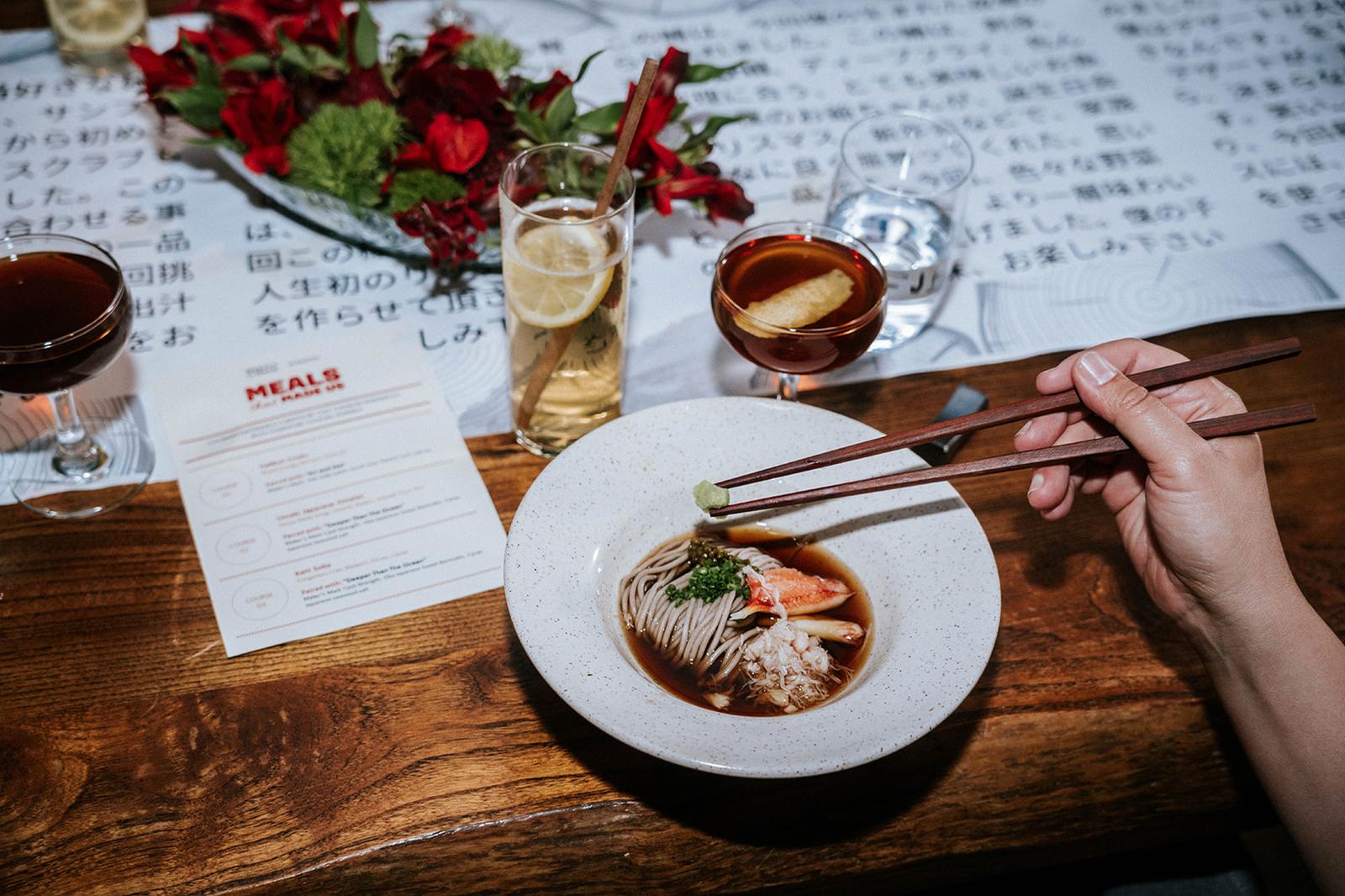Planning an event in the city or area you live in is one thing — planning one in a place far away is quite another. No matter the occasion, even if you're familiar with the place you’ll be hosting the event, there’s a whole added level of venue details to consider. Think: everything from finding accommodations and predicting traffic to determining competing events gets trickier.
The good news? It can be done! Below, we’ve laid out a list of tips to help you overcome out-of-town obstacles and get that party plan in place, no matter how far away you might be.
How to find a great venue in another city!
1. Start with the basics
Like any venue, your out-of-town locale needs to meet the same standards you’d have for a venue in your home base, such as relative affordability, accommodating customer service, and the basic needs and amenities for corporate or social events.
From here, you should have a more manageable set of sites to explore further. Expense and space will be two of the most significant factors, no matter where you host.
2. Pick your event priorities
After figuring out your budget and related requirements, you’re free to focus on the details. Planning an out-of-town event will require more online research and phone calls, so give yourself enough time so you’re not scrambling or settling for less than what you want. Some questions you can ask yourself:
- Did you pick the city because of aesthetics? If so, you’ll want to choose from locations that embrace the spirit of the locals and cultural characteristics.
- Was the location chosen simply because it’s closer to the majority of the guests? If so, make convenience your theme and follow up with a venue that prioritizes transportation, accommodations, and activities within close distance of the big event.
- Did you select the location based on the budget? Follow through on your spending goals by working to get the best value on the locations you reach out to.
From this point, your remaining venues will be closely aligned with your most pressing goals.
3. Speak with locals
You can choose to read reviews of every venue, but, if you can, it’s a good idea to start by chatting with people who live in the area. Use your friend network or social media groups to solicit ideas on what parts of town are best to visit, along with any tips for newbies in the area. Those that live and work in the venue’s immediate area can speak to things like the most inconvenient parts of town, handy transportation hacks, or how the best taco stand might also offer catering.
Event professionals can also work with DMCs (Destination Management Companies) and CVBs (Convention and Visitors Bureaus) to help them find venues in other cities. Those two groups know a lot about area venues, what might be a good fit, possible booking conflicts with other local events, and their advice can really help you narrow down your search.
While you don’t have to take every piece of advice as binding truth, it can tip you off to trouble spots you should plan for in advance. If you hear the same things over and over, there’s probably a reason. Don’t ignore the wisdom of the crowds.
4. Do research online
You can do some Google searches for venues in the city you're interested in, but listings sites like EventUp will really save you the most time. EventUp is the largest online venue directory with more than 15,000 restaurants, hotels, and unique spaces, in both large and small markets across the globe.
Venues can share photos, videos, amenity lists, capacity, pricing, event space details, availability, and more. You can also request a quote directly on the venue listing page.
Once you have a few venues in mind, there are still a few more steps you should take to make sure you find the perfect fit for your event.
5. Ask to “see” the venues
While out-of-town events rarely offer the time or opportunity to tour venues and speak to staff in person, technology can help bridge this gap. Ask about updated photos, video tours, or Zoom chats with the party planner. Don’t hesitate to ask for exactly what you want to see. If you really need to see the ladies’ bathroom and know that it has the room you need, request photos.
Social media is another key way to find out what the venue looks and feels like. Check out the venue's Instagram account to see images of the interior, exterior, and events. Go even further by taking a look at photos and videos that have been posted by venue guests by viewing all Instagram posts saved at the location.
Get documentation for any amenity they claim to offer, from accessible parking to audio-visual equipment. Now is the time to get answers — not after you’ve already put down a deposit.
6. Get rental and outside vendor details
Many venues will have partnerships with local vendors, who can provide everything from table linens to tiny toasts. Since you can’t be on-hand for all the tastings and walkthroughs, it’ll give you some peace of mind to look for venues that can (and will) take care of every detail. An all-inclusive venue gives you the assurance that you can fly in and expect everything to be good to go.
DMCs (Destination Management Companies) and CVBs (Convention and Visitors Bureaus) can also be helpful with the vendor side of events and can connect you with a list of local businesses.
If you opt for outside vendors, make sure you connect with each of them if you can, and check out their online reviews to make sure they have the experience to handle your event.
7. Get shipping and storage commitments
Odds are, you’ll have items that need to arrive at the event well before the guests. Unfortunately, not all venues make that process easy or convenient. Have a list of questions handy to ask regarding the logistics of your personalized touches, from décor to dresses to marketing materials:
- How far in advance can event items arrive?
- What type of storage will you provide? Is it secure? Is it an additional cost?
- Do you have an on-site shipping room or partnerships with major shippers?
- Do you have a policy for forwarding items that arrive late?
- When is the venue available to event staff prior to the start time and date of the event to prepare event items?
8. Check out Google Maps
Believe it or not, Google Maps can tell you a lot about a place before you book. It can show you things like accessibility to major roadways, neighboring businesses, local restaurants, parking, and more.
Remember, venue brochures and website photos are strategically positioned to show you just what they want you to see. Google Maps can often give you a 360-degree perspective on everything near the venue and the overall experience the guests will receive.
9. Consider construction and updates
While you may know that your local interstate is being repaved in 2020, you probably aren’t aware of what's going on around an out-of-town venue. Ask the venue if they have plans to update their own accommodations, as well as what construction, large-scale events, or detours might be happening around the time of your event in the areas close by.
Don’t be afraid to ask pointed questions to get the answers about their future plans for maintenance, and how it may affect your event.
Out of town event planning is easier than you think
Thanks to technology, you don’t have to see a venue in-person to know that it’s “the one.” That makes it affordable for party planners to pick locations they’ve never visited and not have to fly out ahead of time to inspect the space. By visiting eventup.com and following these tips, you can get a good idea of the perks offered by venues around the world, and know that what you see is likely what you'll get.




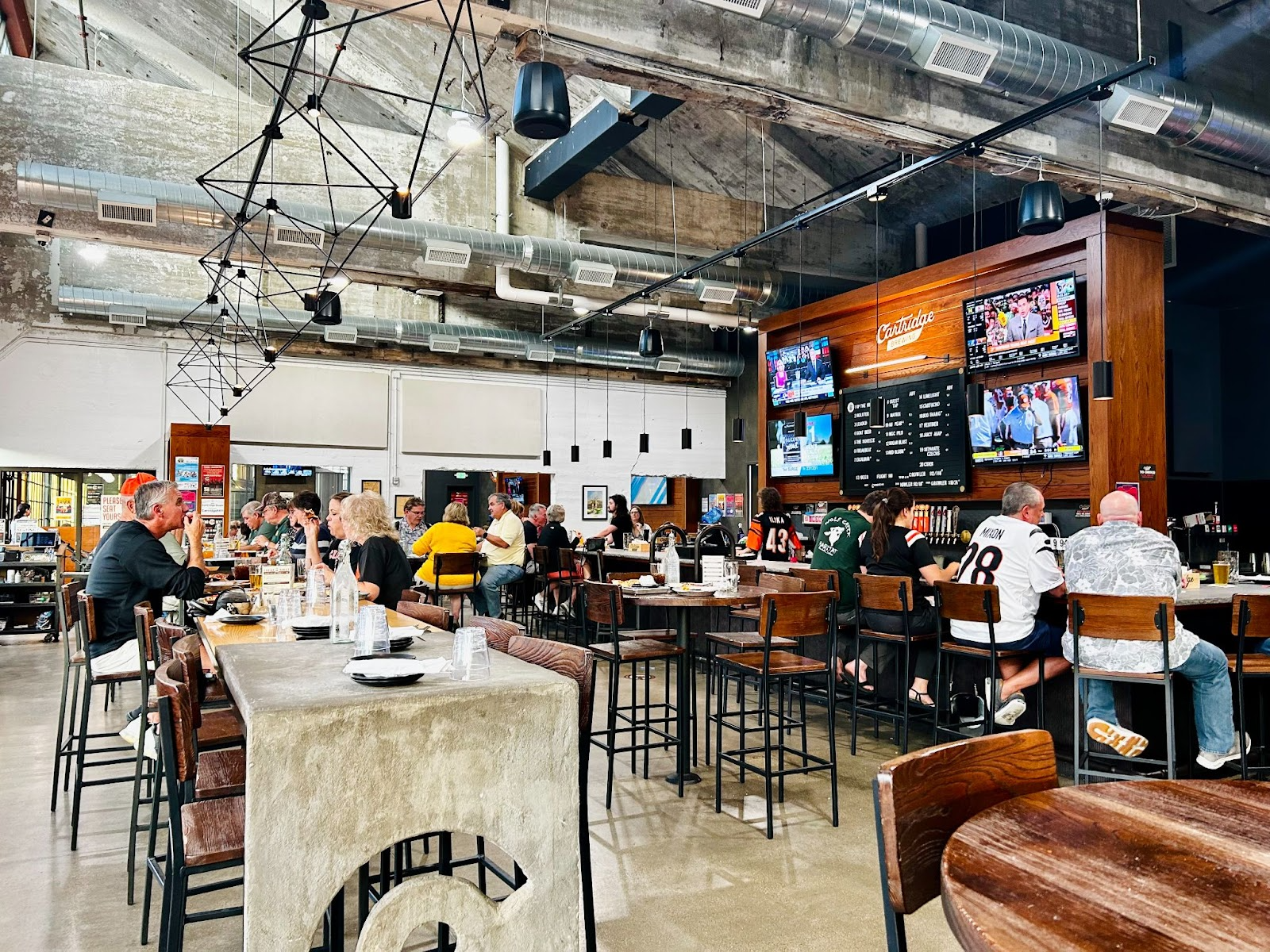
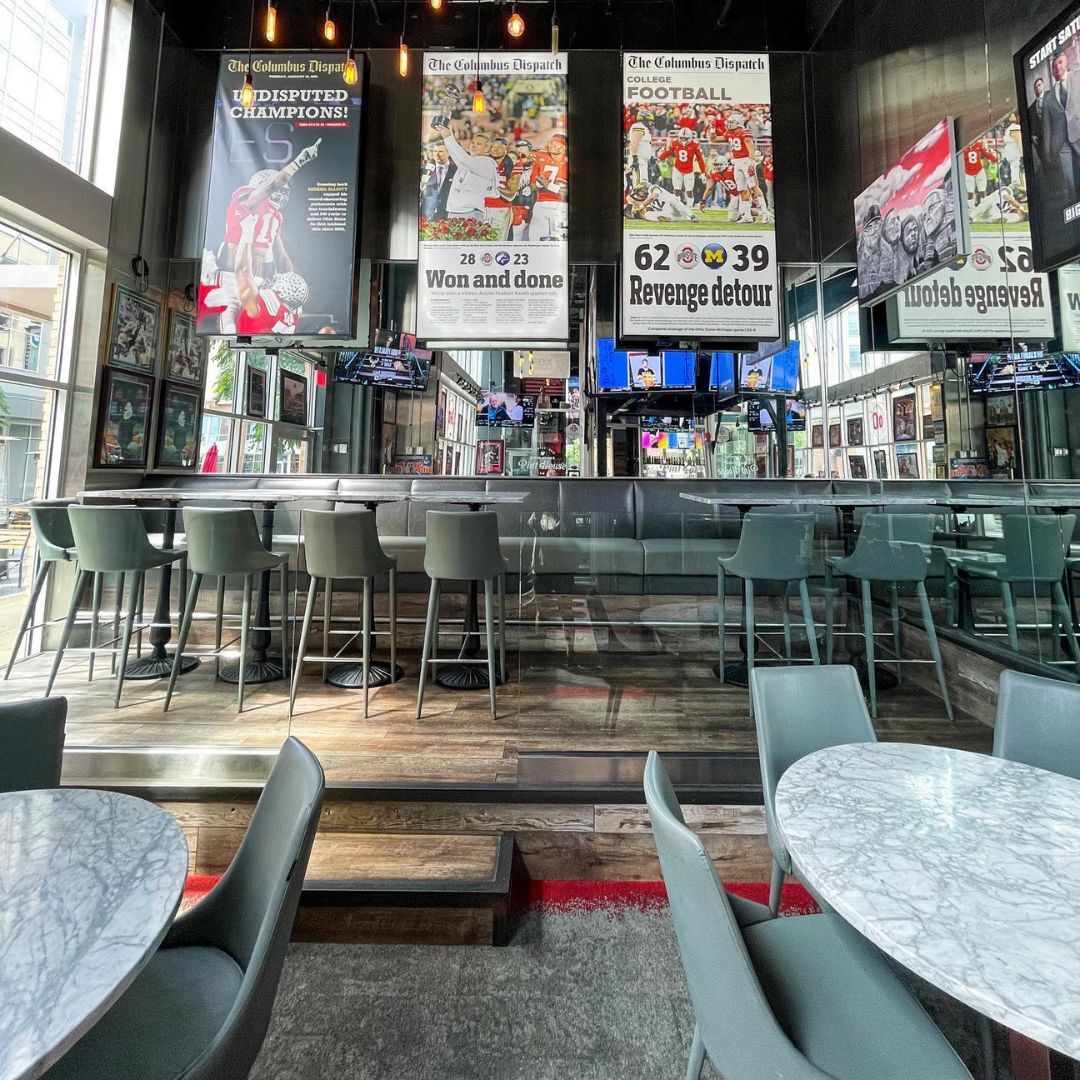
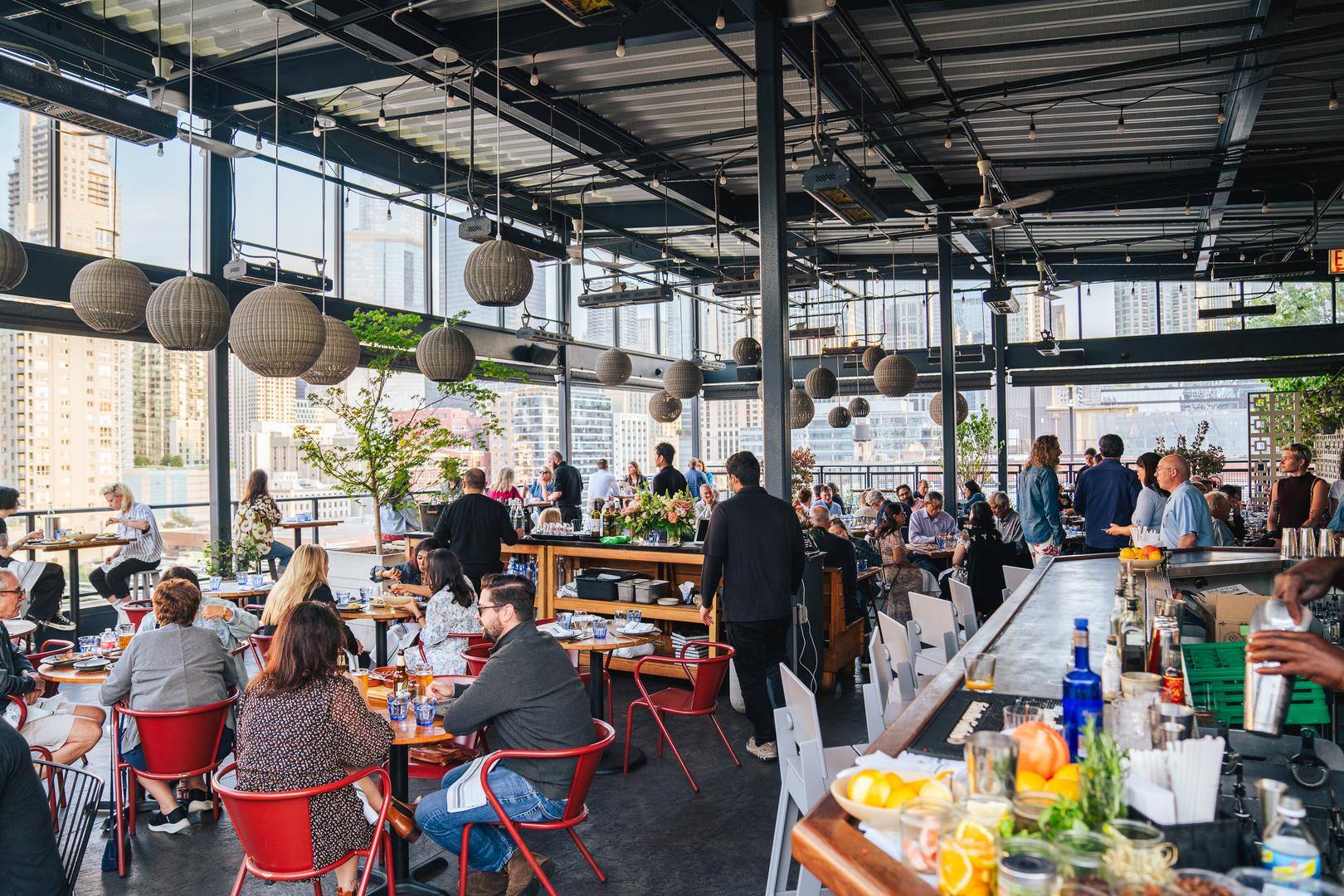
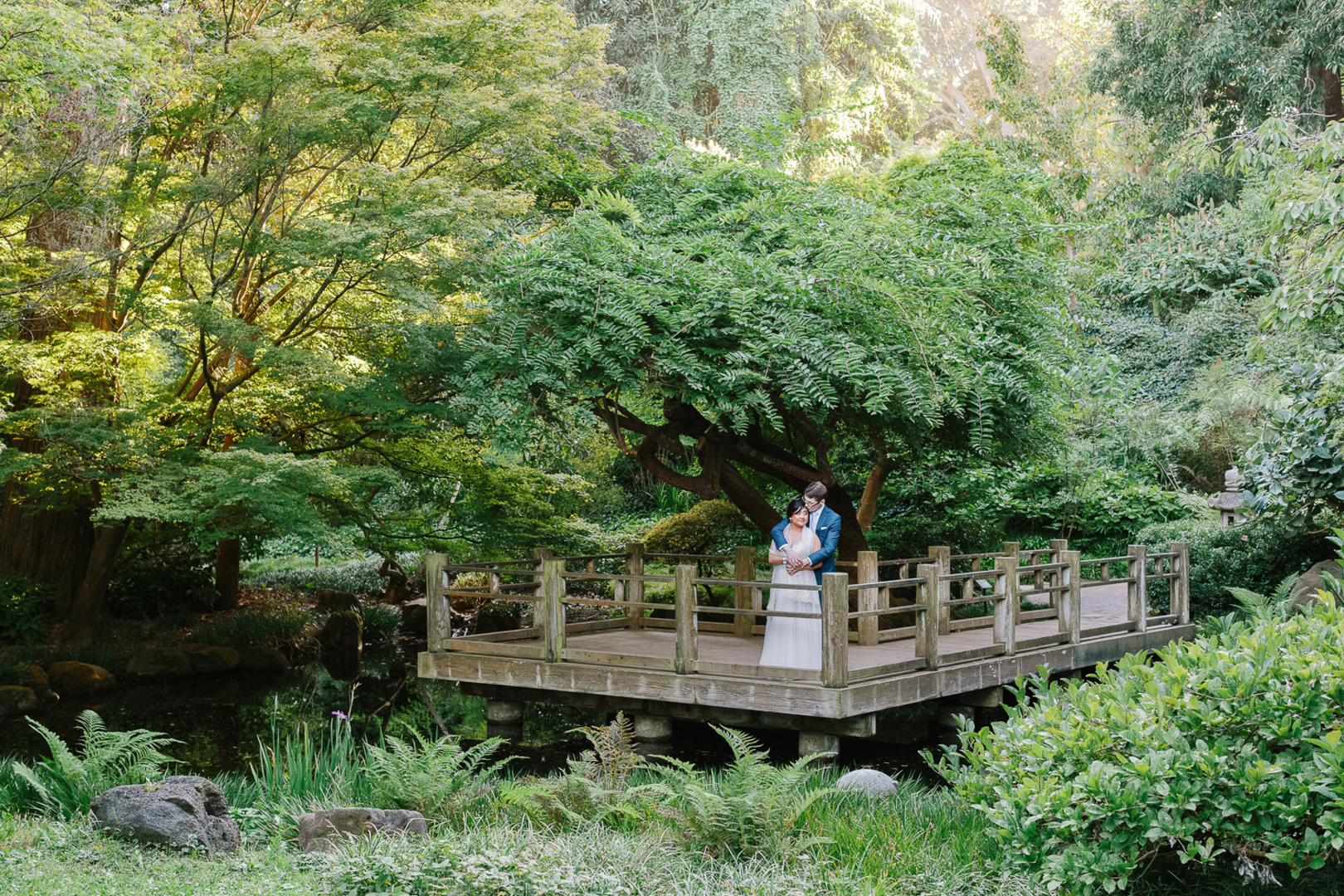
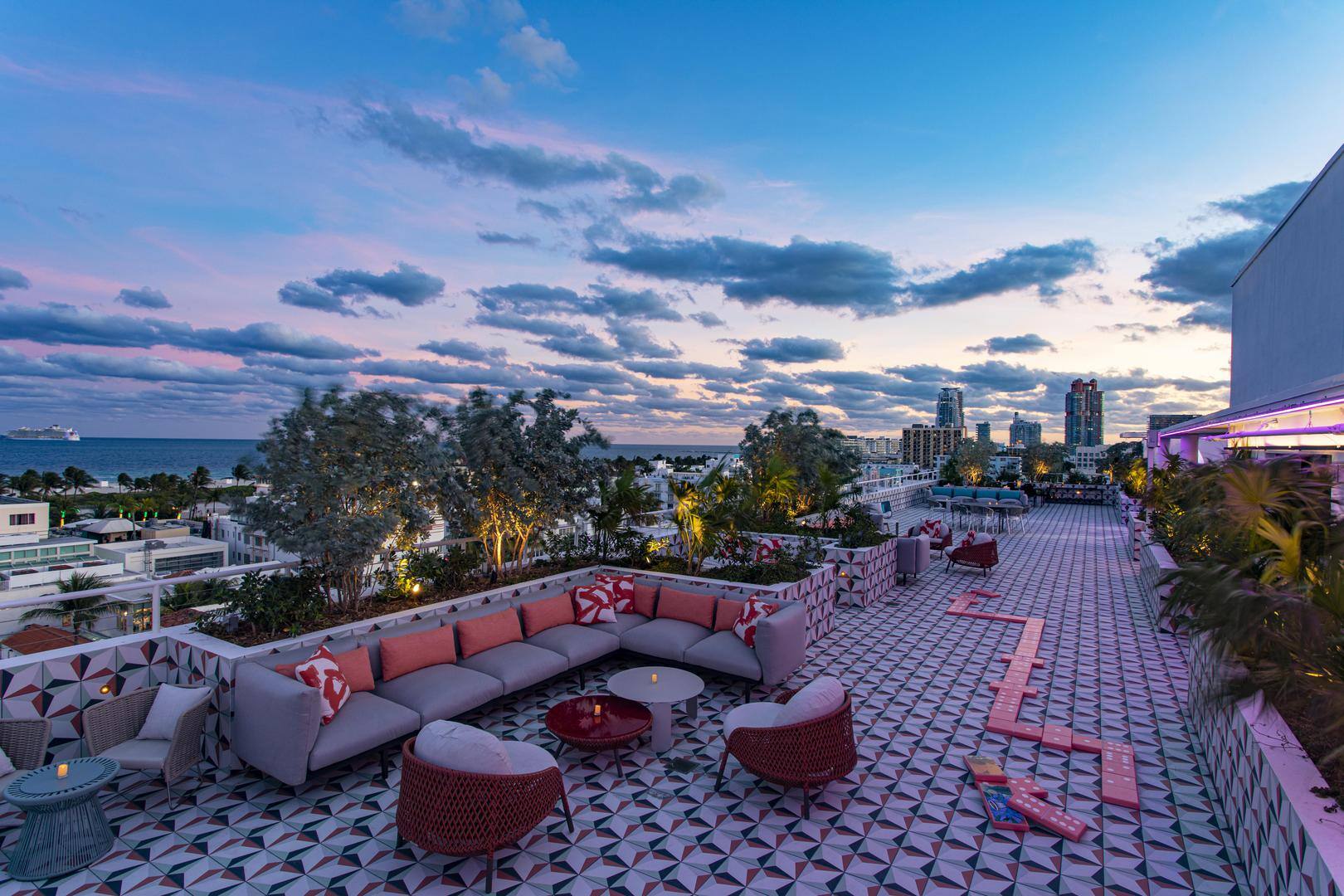
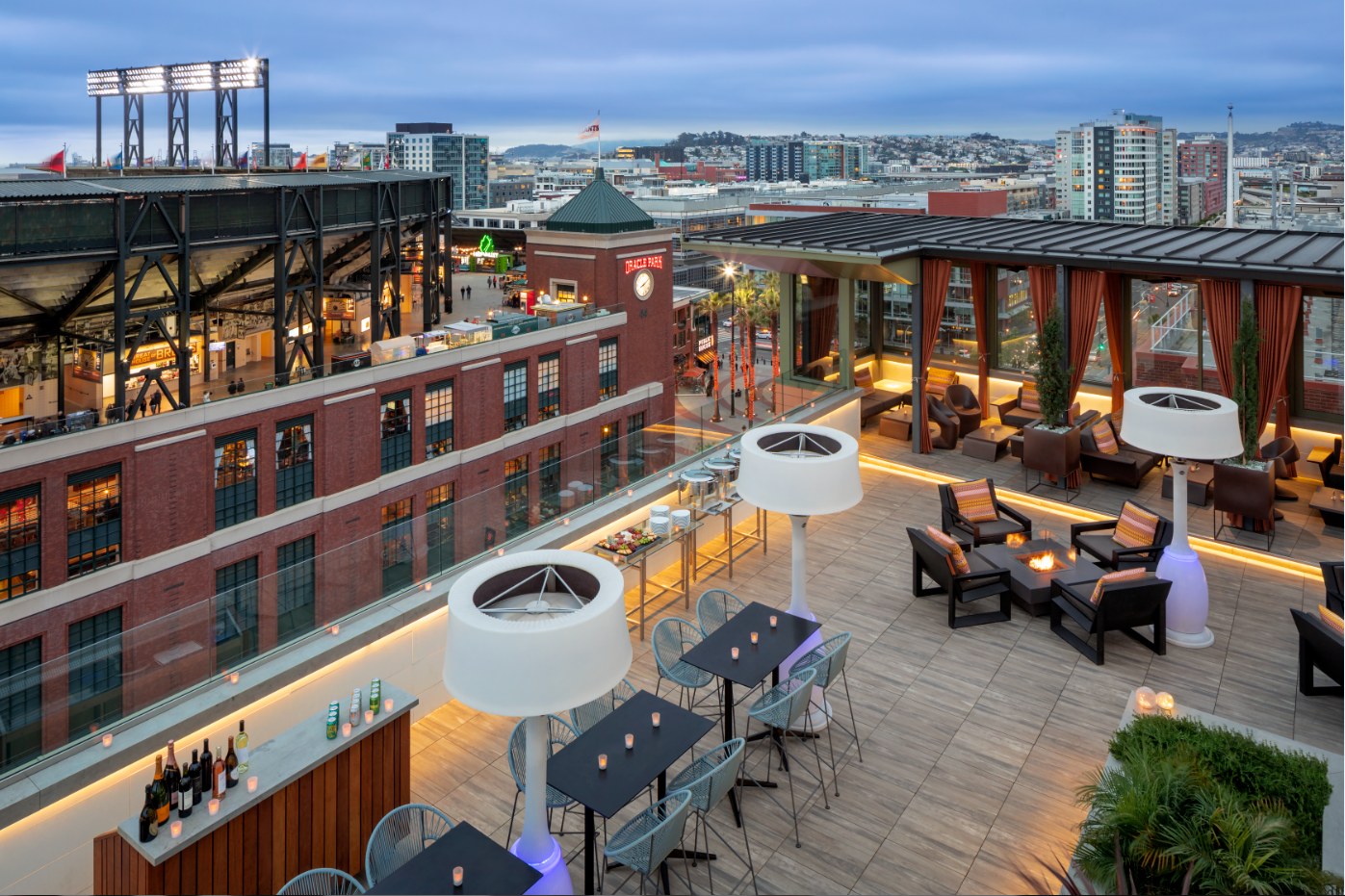

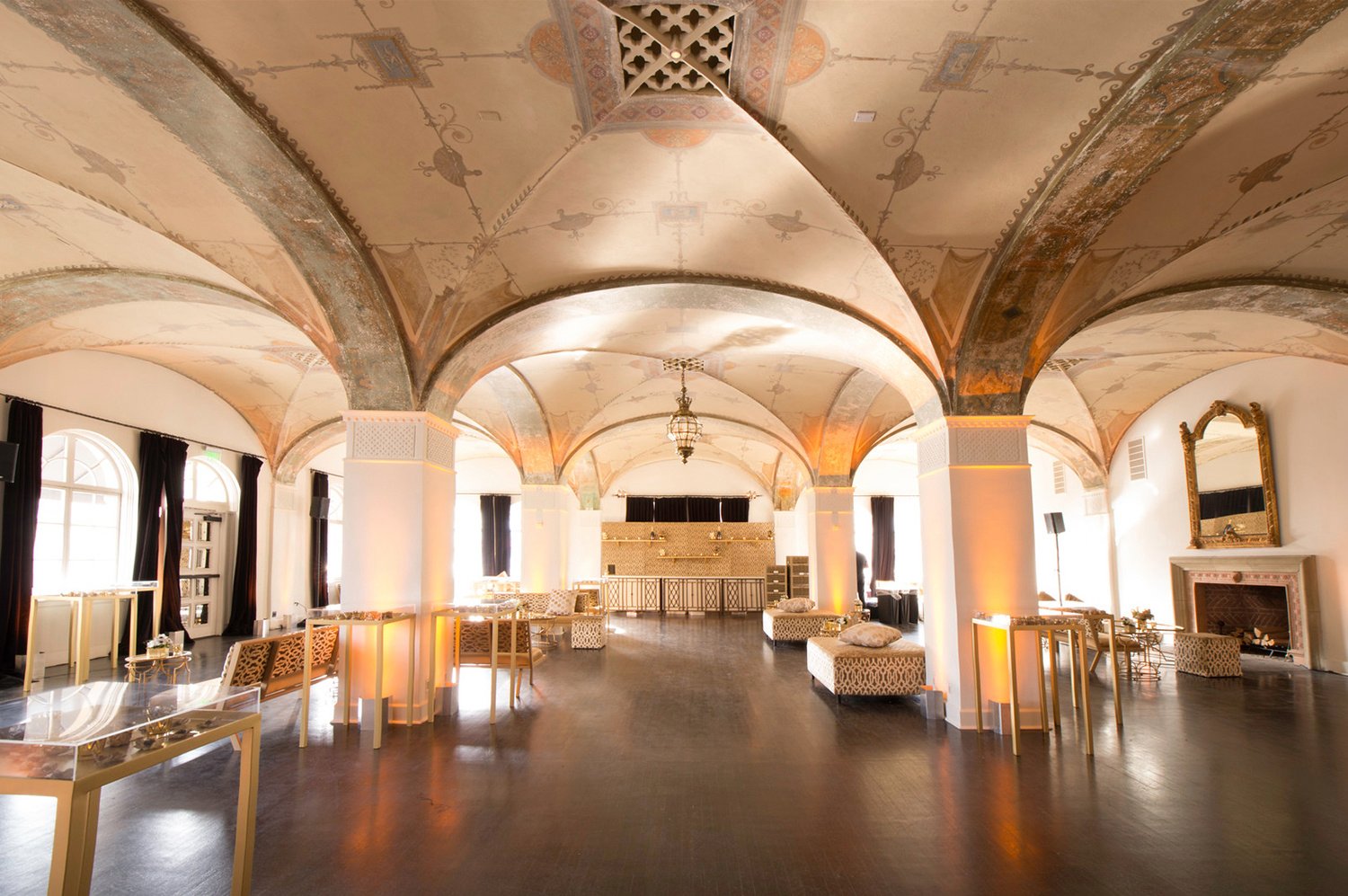

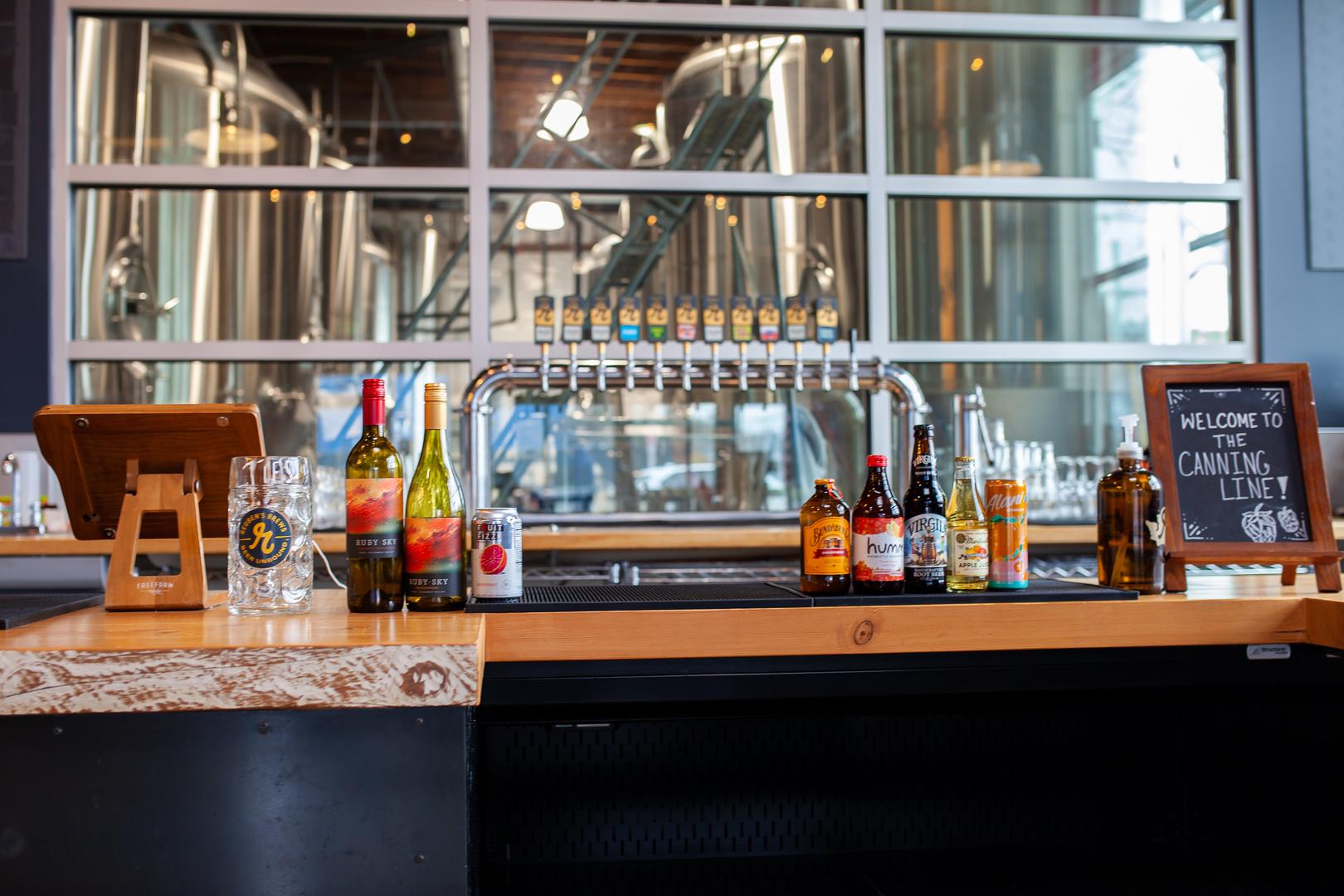
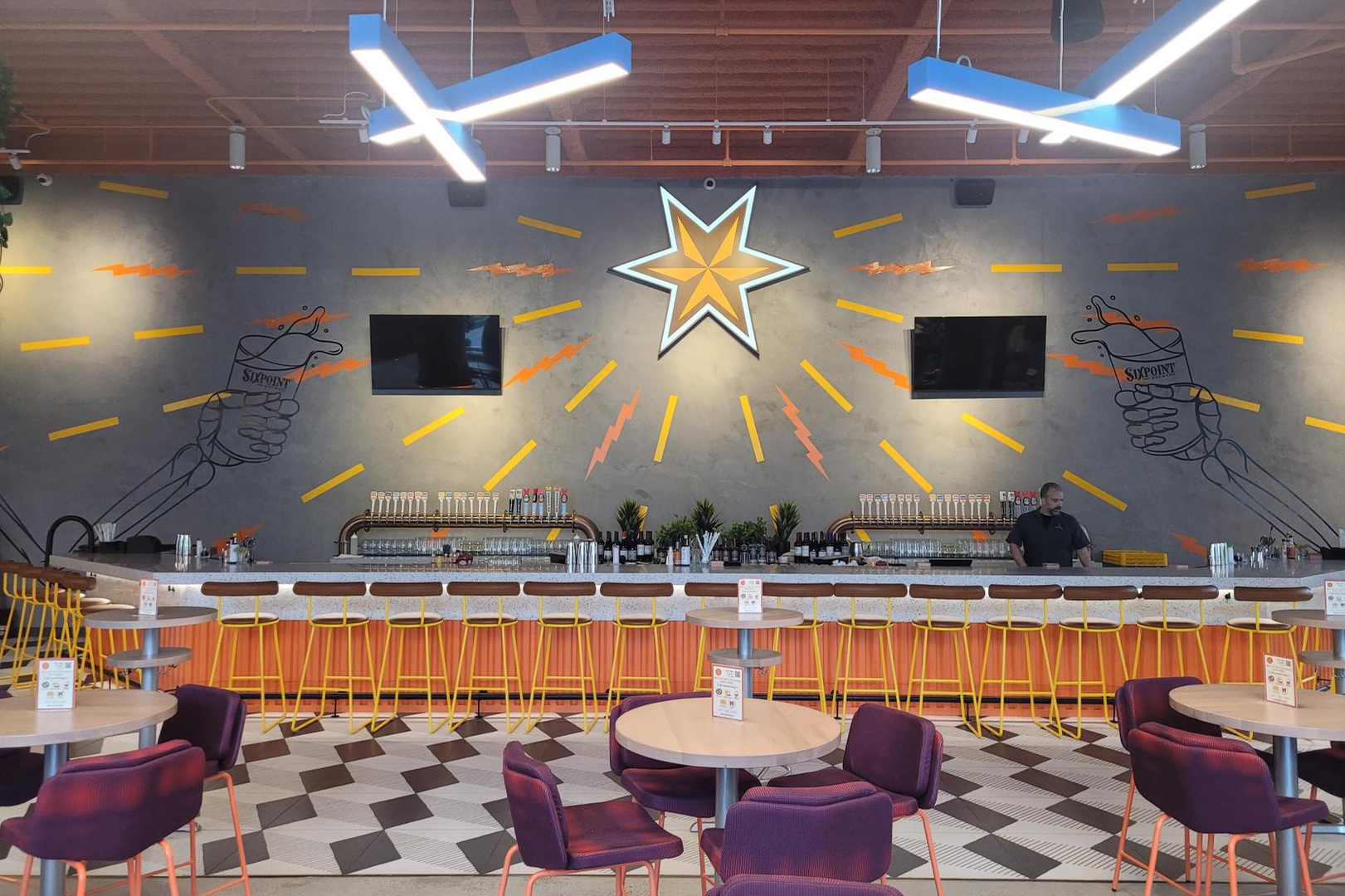
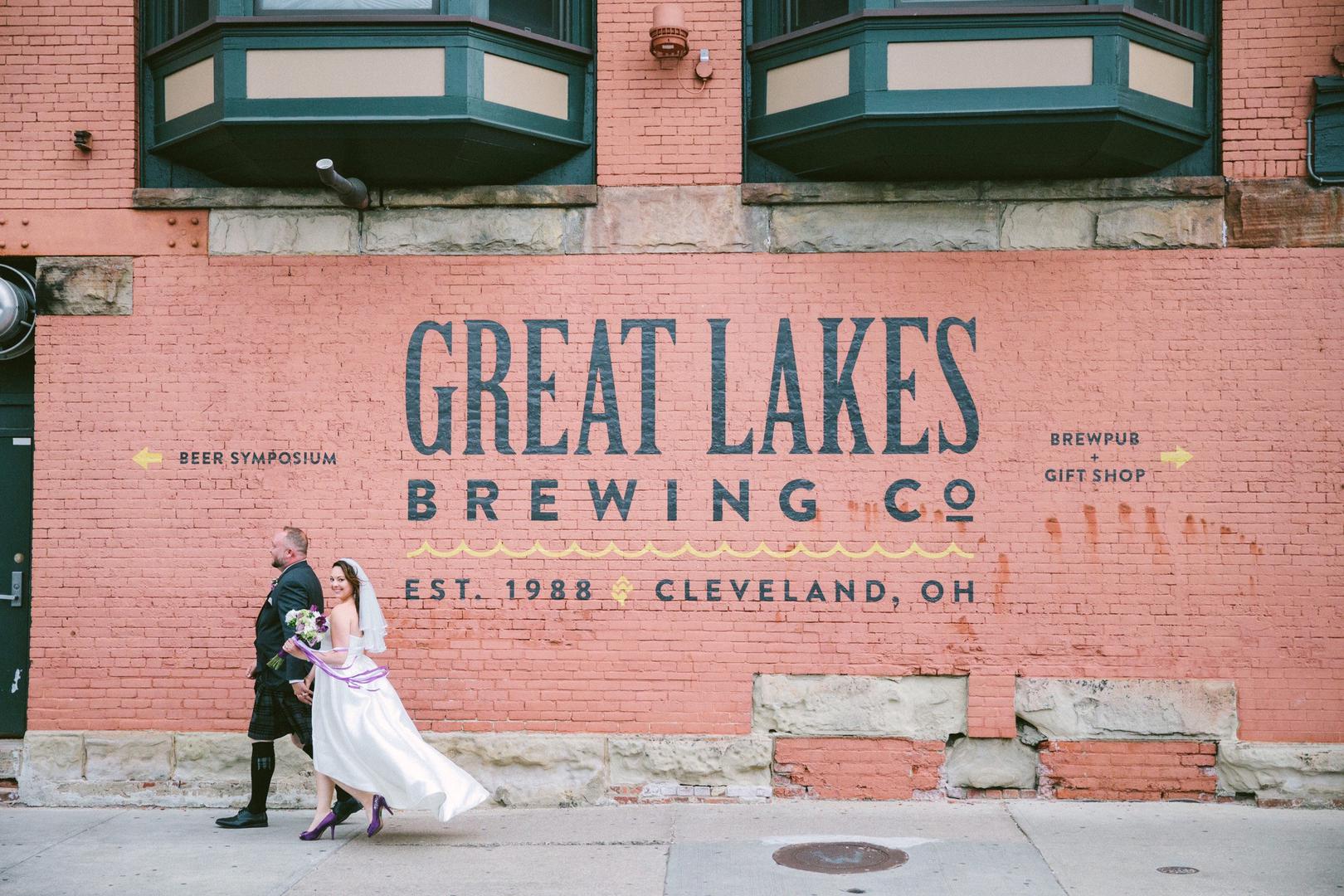
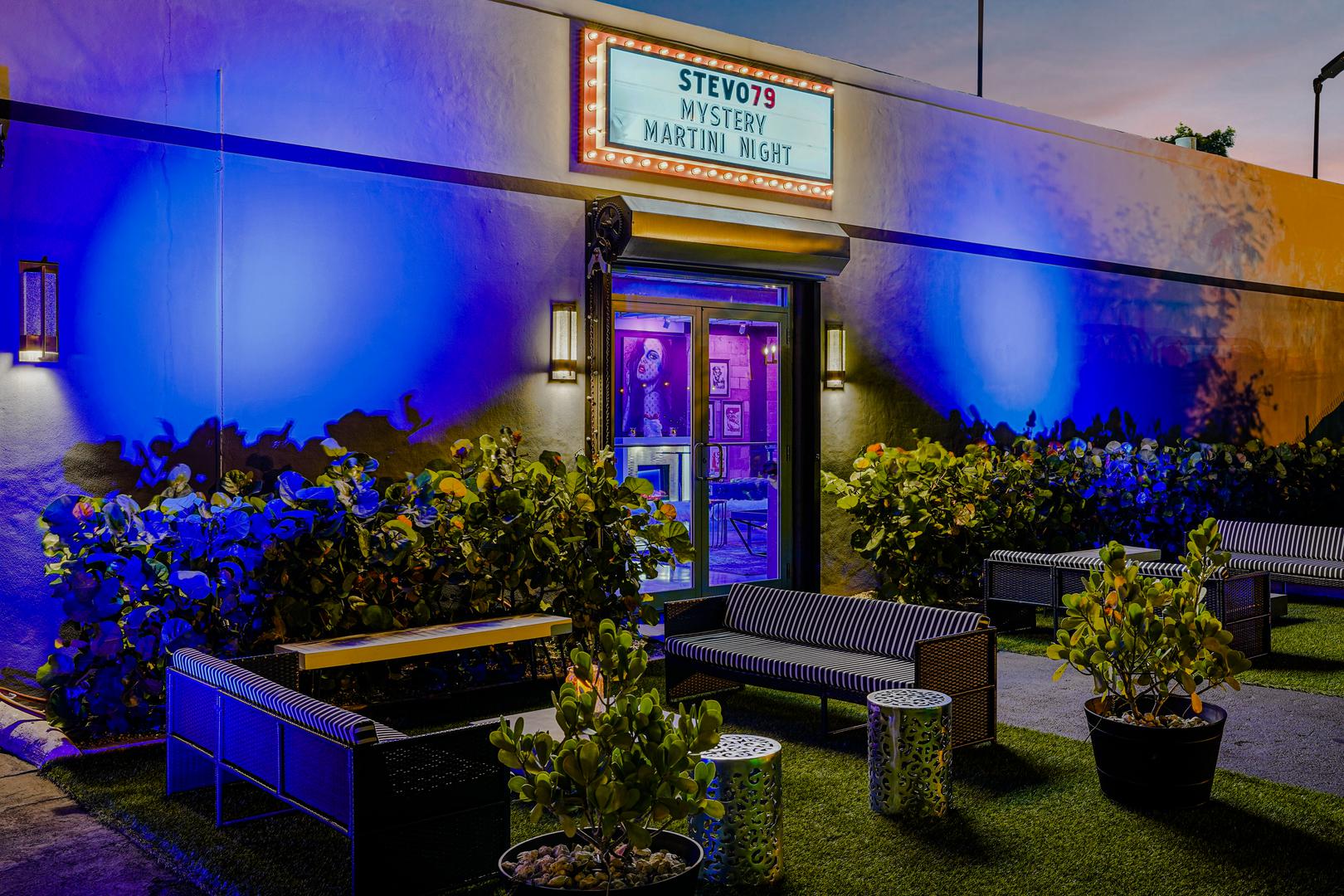
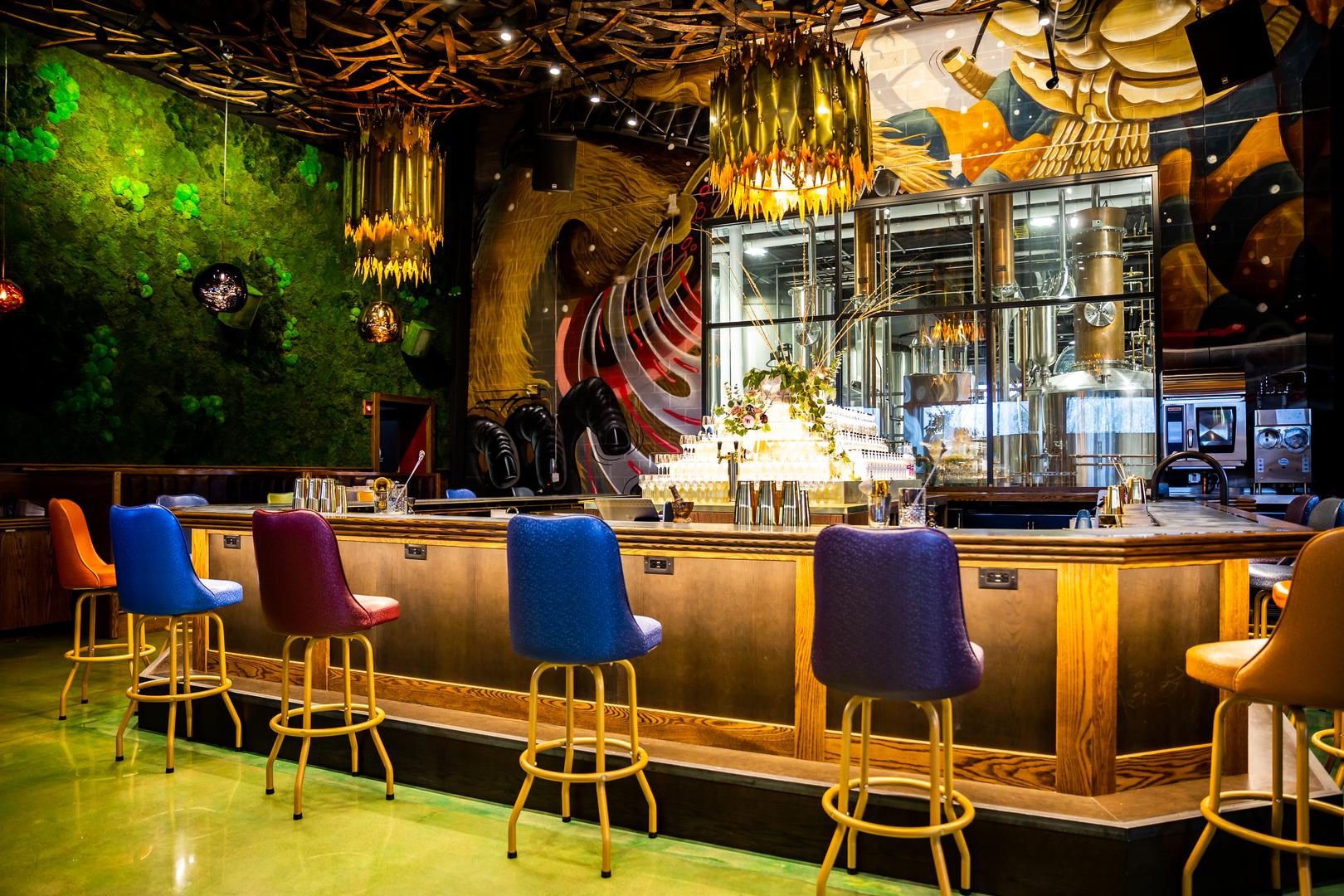
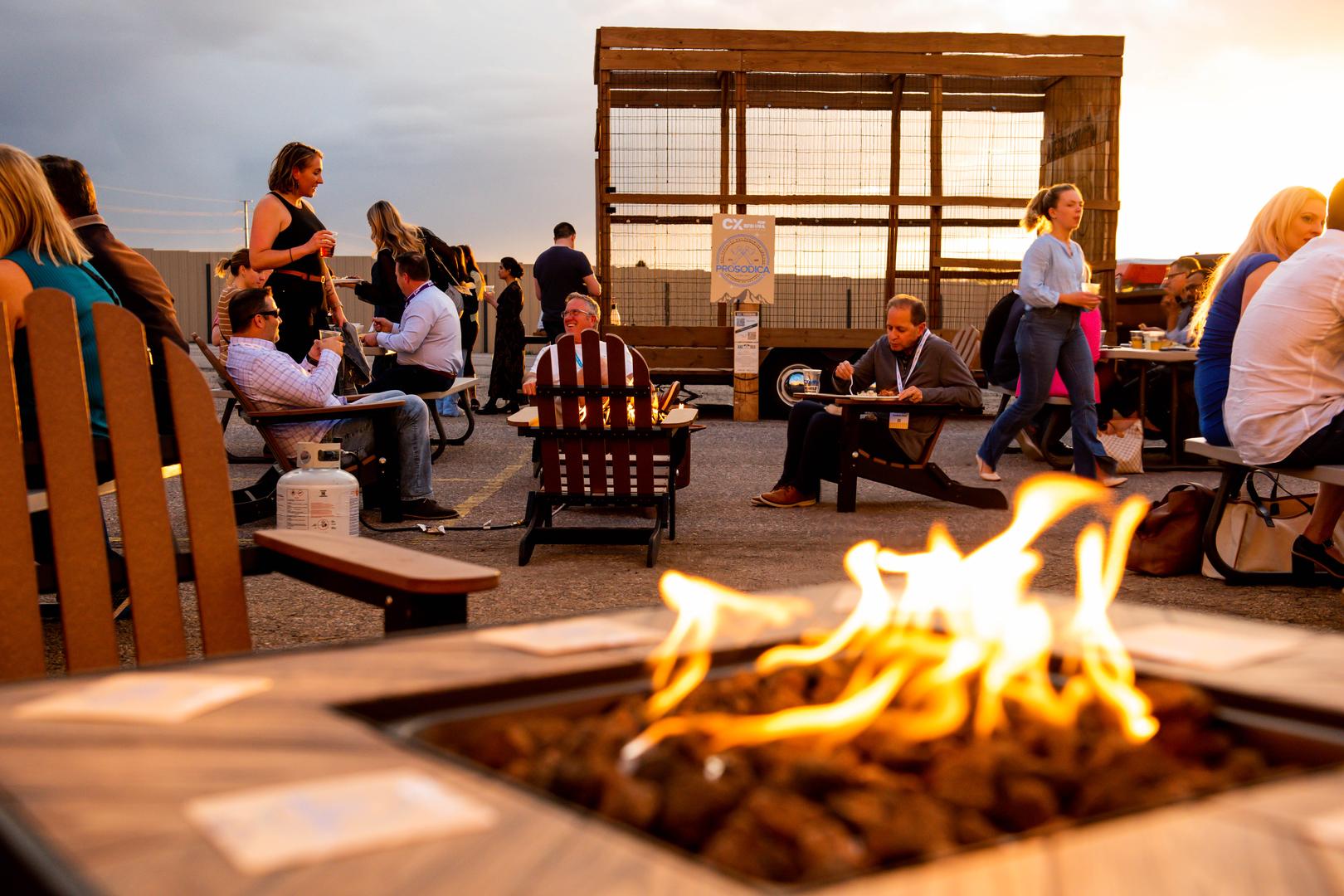

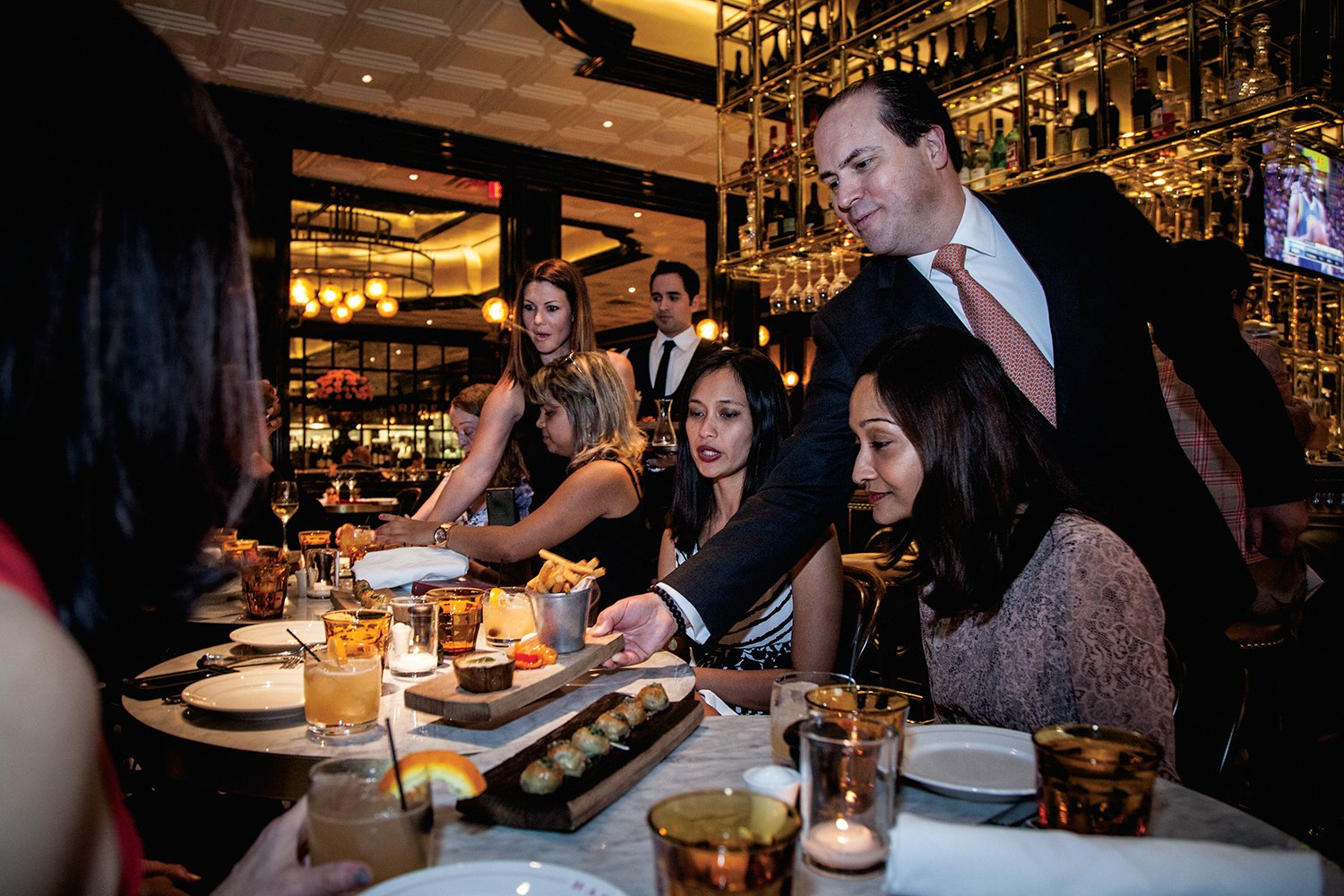
%20Where%20to%20Eat%20Near%20Willis%20Tower%20in%20Chicago.png)
